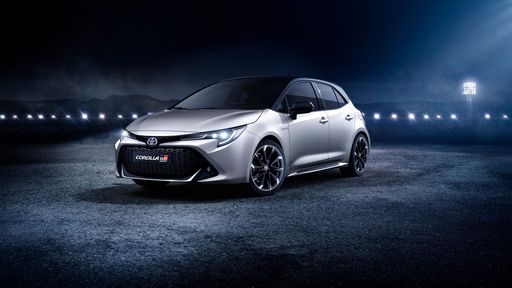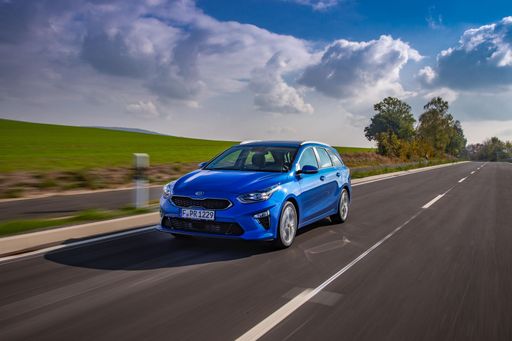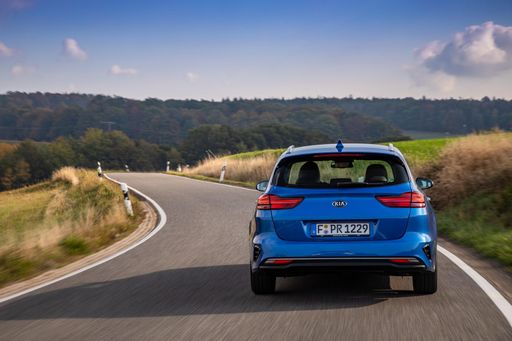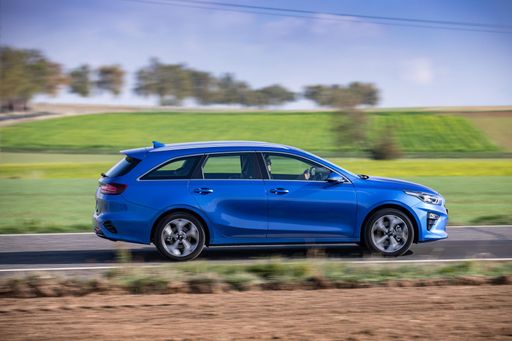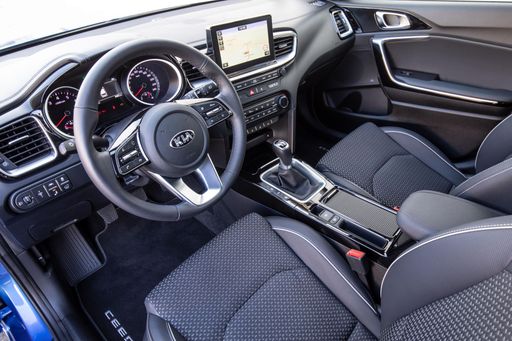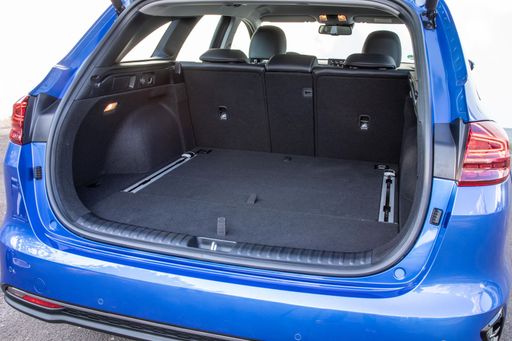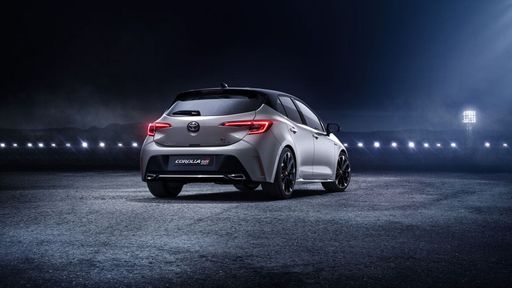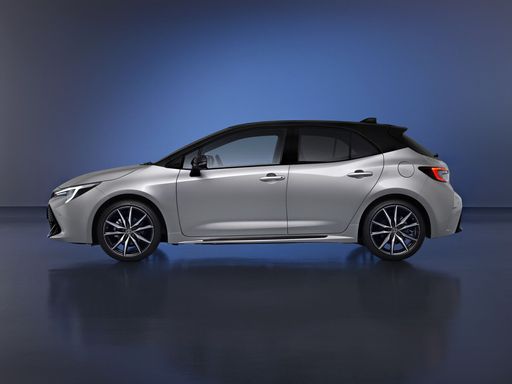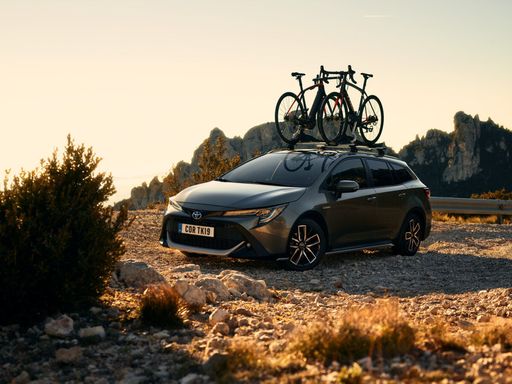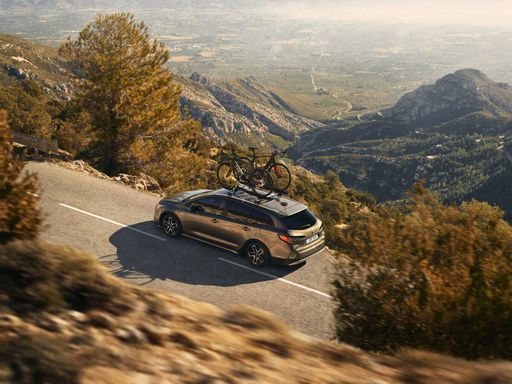Performance and Efficiency: Kia Ceed Sportswagon vs Toyota Corolla
When it comes to selecting the perfect car for your daily commute or long drives, the decision often narrows down to two major factors: performance and efficiency. In this comparison, we dive into how the Kia Ceed Sportswagon and Toyota Corolla stack up in these vital areas.
The Kia Ceed Sportswagon offers a range of engine options, including petrol and petrol mild hybrid variants. With power output reaching up to 140 HP and torque taking a maximum figure of 253 Nm, the Ceed provides a robust performance. Depending on the trim, it achieves a top speed of 197 km/h and accelerates from 0 to 100 km/h in as little as 9.7 seconds.
On the other hand, the Toyota Corolla's performance is enhanced by its full hybrid engine, providing two power options: 140 HP and 196 HP. Also favoring eco-friendliness, the Corolla maintains a low CO2 output of 100 g/km. The hybrid system allows the Corolla to reach a top speed of 180 km/h, with acceleration from 0 to 100 km/h in a brisk 7.5 seconds.

